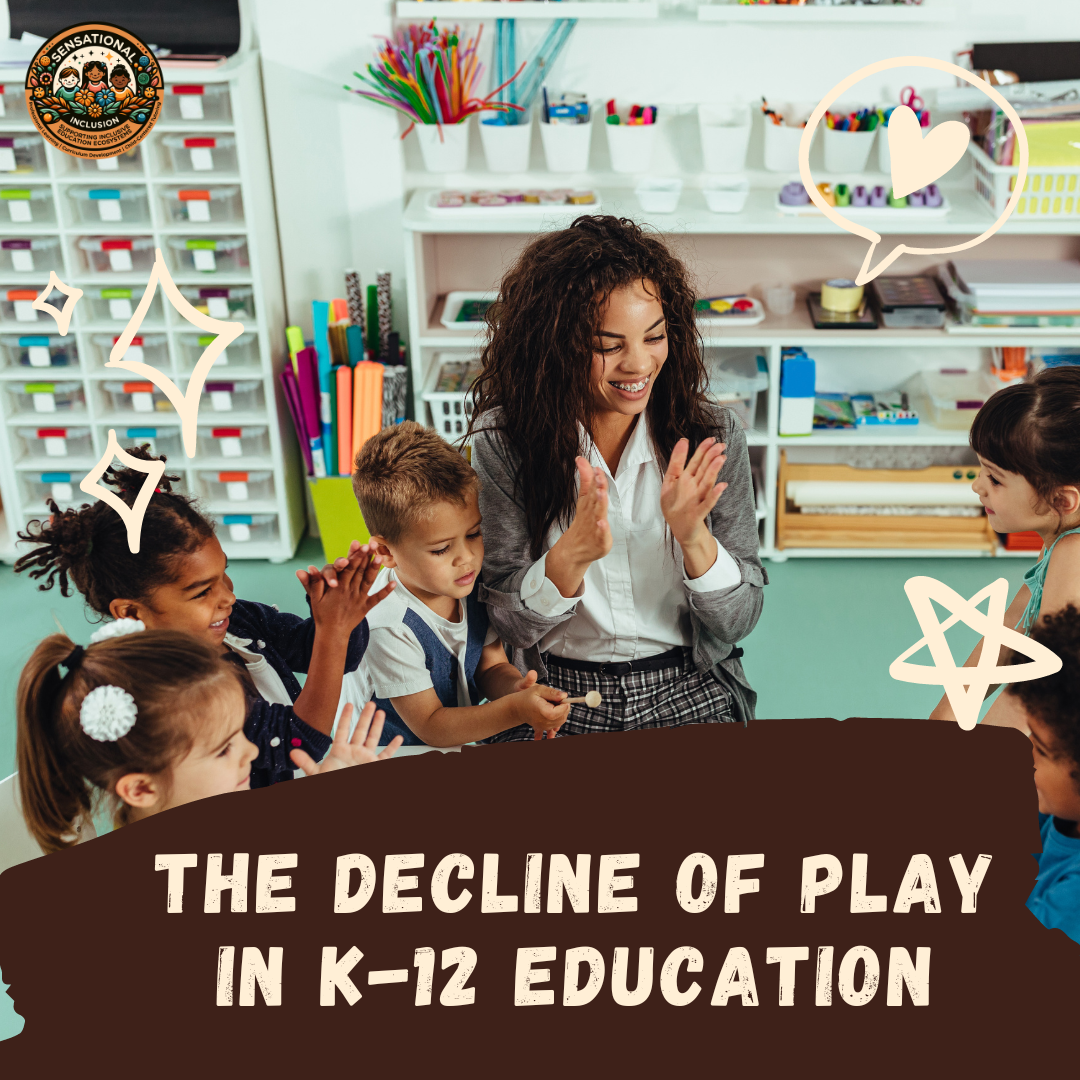As students transition from early childhood education into the K-12 system, a significant shift in educational approach becomes evident, especially in the context of Rochester, NY. This shift marks a move away from the play-based learning that characterizes early education to more traditional, structured educational methods prevalent in K-12 settings. This chapter explores the implications of this transition and its impact on student engagement and well-being.
In Rochester’s early education centers, play is an integral part of the curriculum, fostering creativity, curiosity, and a host of developmental benefits. However, as children enter the K-12 system, there’s a noticeable decline in the emphasis on play. The Rochester City School District Survey (2021) highlights this trend, showing a significant reduction in time allocated for play and an increase in conventional instructional methods. This evolution in teaching style represents a critical transition point in the educational trajectory of students.
The consequences of this shift are far-reaching. Play, once central to learning activities, becomes increasingly sidelined, making way for more structured and often less engaging pedagogical approaches. This change corresponds with a decrease in student engagement and creativity. When play is reduced or eliminated, students lose valuable opportunities for exploratory learning, which is crucial for fostering innovative thinking and problem-solving skills.
Moreover, the decline in play-based learning has implications for students’ social-emotional development. Play is not only about cognitive development; it’s also about building social skills, learning to cooperate, and understanding emotional intelligence. As play opportunities decrease, so do these critical learning experiences, potentially impacting students’ ability to navigate social situations and manage their emotions effectively.
Additionally, the shift away from play in K-12 education reflects a broader national trend towards a more test-oriented and results-driven educational system. This trend often prioritizes academic benchmarks and testing standards over holistic child development, which includes physical, social, and emotional growth.
In summary, the decline of play in K-12 education in Rochester, NY, is indicative of a larger issue in the educational landscape. It highlights the need for a balanced approach that incorporates both structured learning and the benefits of play. As we continue to evolve our educational practices, it’s crucial to consider the impact of these changes on the overall development and well-being of students, ensuring that we provide an environment conducive to learning in all its forms.

